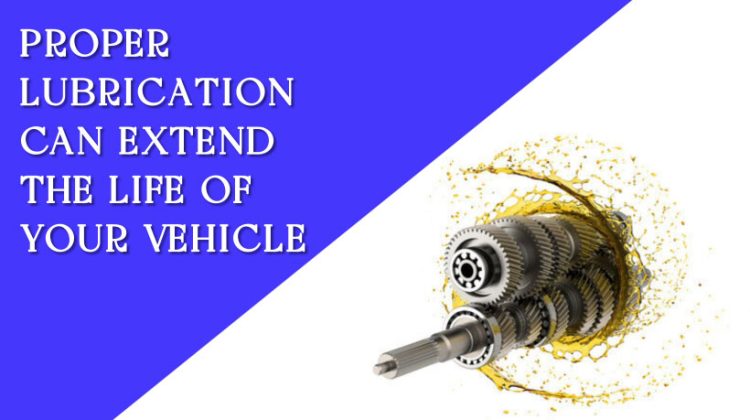
How Proper Lubrication Can Extend the Life of Your Vehicle
Maintaining your vehicle in optimal condition requires regular attention and care, and one of the most critical aspects of vehicle maintenance is proper lubrication. Lubrication plays a pivotal role in ensuring the longevity and performance of your vehicle by reducing friction, preventing wear and tear, and protecting against extreme temperatures. This article will explore how proper lubrication can significantly extend the life of your vehicle, highlighting the benefits and best practices for maintaining a well-lubricated engine and other vital components.
Understanding Lubrication
Lubrication involves the application of oils and greases to the moving parts of your vehicle. Engine oil, transmission fluid, and other lubricants are designed to create a thin film between metal surfaces, reducing friction and preventing direct contact. This process minimizes wear and tear, disperses heat, and helps keep the engine and other components running smoothly.
Benefits of Proper Lubrication:
- Reduces Friction and Wear
Proper lubrication minimizes the friction between moving parts. This is crucial for engine components, such as pistons and crankshafts, which operate at high speeds and temperatures. By reducing friction, lubricants prevent the metal parts from grinding against each other, thereby minimizing wear and extending the life of the components.
- Prevents Overheating
Lubricants play a key role in heat dissipation. As engine components move, they generate heat. Proper lubrication helps to absorb and distribute this heat, preventing the engine from overheating. Overheating can lead to serious engine damage and costly repairs, so maintaining proper lubrication is essential for temperature control.
- Protects Against Corrosion
Engine oils and other lubricants contain additives that protect metal surfaces from rust and corrosion. This is particularly important in environments with high humidity or salty conditions, where corrosion can quickly degrade engine components. By forming a protective barrier, lubricants help prevent rust and extend the life of your vehicle’s engine and other parts.
- Improves Fuel Efficiency
A well-lubricated engine runs more efficiently. Reduced friction means the engine doesn’t have to work as hard, leading to better fuel economy. Regular oil changes and proper lubrication ensure that your vehicle operates at its optimal efficiency, saving you money on fuel over time.
- Enhances Performance:
Proper lubrication ensures that all moving parts in the engine and transmission operate smoothly. This leads to better overall performance, including smoother acceleration, quieter operation, and more responsive handling. A well-maintained lubrication system helps keep your vehicle running like new.



